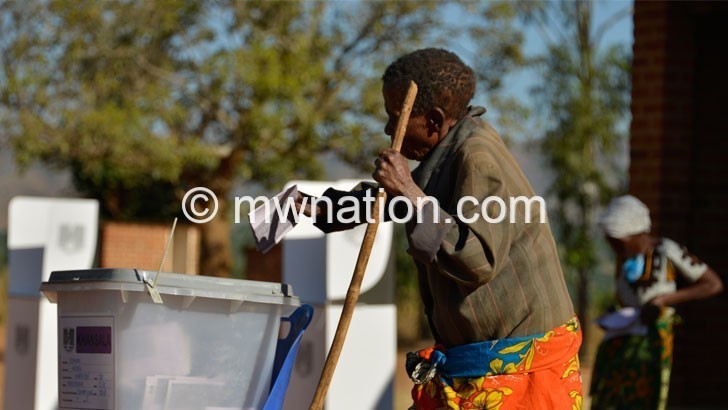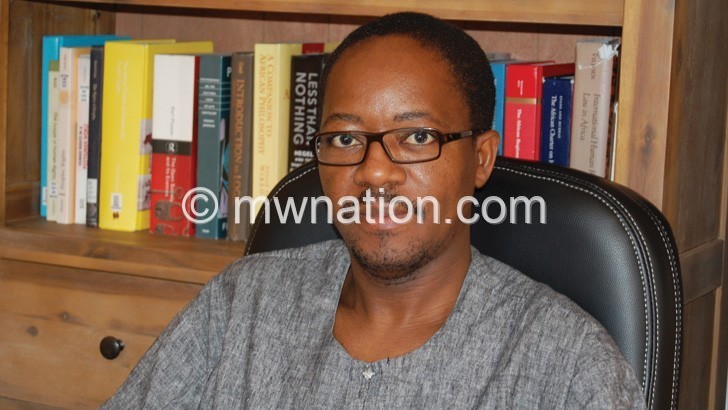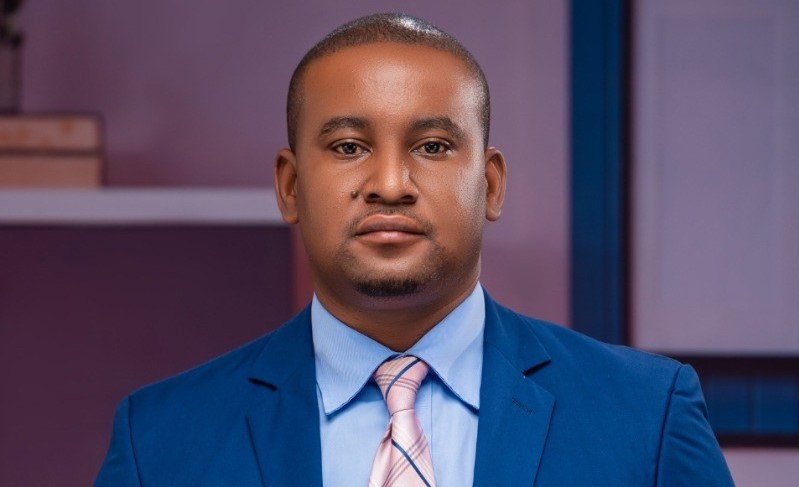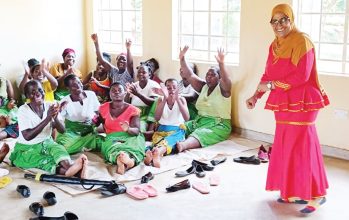Fresh poll fears
By July 3, barely 30 days from now, Malawi is supposed to have a President put in office through a fresh presidential election as ordered by the Constitutional Court on February 3.
However, the reality on the ground paints a hazy picture on the practicality of the fresh presidential election taking place with legislative and logistical hurdles still standing in the way.

With barely 30 days to the expiry of the court-prescribed 150 days period, Parliament is yet to enact enabling legislation to set date for holding the poll, facilitate a run-off should it become necessary if no candidate garners the 50 percent-plus-one vote, shift the date for holding the next general election and extend lawmakers’ tenure to be in tandem with the President’s.
Besides the legislative hitches, there are no key personnel legally mandated to run an election. First, the term of office for the eight Malawi Electoral Commission (MEC) commissioners expires today and a new team is yet to be put in place while chairperson Jane Ansah, a judge of the Malawi Supreme Court of Appeal, resigned and is yet to be replaced.

The possibility of the fresh election taking place within the prescribed period gets even more cloudy with MEC’s admission that it is yet to source a printer for the ballot papers amid the impact of the coronavirus pandemic which has closed key economies on the globe with lockdowns.
Even if Parliament expedites the passing of the enabling legislation which President Peter Mutharika rejected on March 17 2020, the President would still have the final say on whether Bills become law.
Given the situation on the ground, what will it take for Malawi to hold the fresh presidential election by July 3 and what will happen if this does not happen?
In separate interviews on Wednesday, legal scholars said the fresh poll, as ordered by the court, can only not be held in the event of a disturbing act of nature.
In a written response, Danwood Chirwa, a Malawian professor of law at the University of Cape Town in South Africa, said since the election was ordered by the court, it is something that is binding.
He said that as it stands, seeking an extension from the court would also prove difficult as the Malawi Supreme Court of Appeal, in its May 8 ruling that upheld the lower court’s decision, indicated that the poll should have even be held in less days than the given 150 days.
Said Chirwa: “The possibility of asking for an extension of time is remote given what the Supreme Court already said that the 150 days were way more than what was required.
“If the election is not held within the constitutionally stipulated time, the incumbent does not remain in power.”
In a separate telephone interview, Sunduzwayo Madise, dean of the Faculty of Law at Chancellor College a constituent college of the University of Malawi, shared Chirwa’s sentiments and added that even if the election fails because the President refused or delayed to assent to the bills, it would still be contempt of court.
He said: “Why should we not have an election within 150 days? Why not? Anyone who plans to frustrate a court order deliberately can be held in contempt of court.
“So, I would rather be optimistic. Parliament will meet, let’s see what happens next.”
But Madise said since this is something more political, it is obvious that politicians will go to town, looking at what is currently happening in a bid to frustrate the process.
He said the only problem that can arise is if new MEC commissioners are not appointed to oversee Chakwera, the two front-runners in the election, should meet and agree on how to avoid a crisis.
Mkandawire said: “The courts have done their part.”
The dialogue was organised by National Initiative for Civic Education (Nice) Trust and comes amid uncertainty over whether the election will be held within the 150 days expiring on July 3.
Nice Trust executive director Ollen Mwalubunju said it was important that there should be a discussion on these matters as Parliament is beginning its deliberations today so that some issues which remain unclear should be debated with a voice of reason.
He fears that if there is no sober debate on the election date, the country will likely plunge into a constitutional crisis come July 3 if no election is conducted.
The ConCourt nullified the May 21 2019 presidential election due to widespread irregularities, especially in the results management system and declared that Mutharika was “not duly elected President”.
But Mutharika has maintained that the nullified vote was “the will of the people” and that the judgements of both the ConCourt and Supreme Court are tantamount to a “judicial coup d’etat”.





